As any business owner knows, maintaining a fleet of heavy machinery and equipment can be costly if not taken care of regularly, yet vital in order to extend the life of a machine.
Daily usage takes its toll on machinery, resulting in frequent repairs and downtime. However, there are ways to minimise these costs and keep your heavy machinery running smoothly for a long time.
Here are 10 maintenance tips to help you extend the life of your machinery and equipment.
1. Use The Correct Equipment For The Job
Different machines are designed for different purposes. Using the wrong device for the job can result in subpar performance, damaged equipment, and injuries. When choosing the right equipment, it’s essential to consider the specific needs of the task to ensure your project is completed efficiently and safely.
Heavy machinery and equipment play a vital role in many industries, from construction and mining to agriculture and manufacturing. When choosing the right equipment for a job, consider factors such as the size of the job, the required precision level, and the types of material you’re working with.
Take the time to research or get expert advice about which machine is best suited for the job—it could make all the difference to extending the life of your equipment.
2. Invest In Operator Training
Studies have shown that properly trained operators are less likely to make mistakes that can cause damage or wear and tear. Furthermore, trained operators are more likely to catch minor problems before they become big ones. As a result, investing in operator training can save money in the long run by preventing damages caused by a lack of knowledge.
As a result, companies that invest in operator training often reap the benefits of increased productivity, lower machine maintenance costs, and fewer accidents because the operator gets to know their machine thoroughly.
3. Know Your Machinery
Heavy machinery, such as service trucks, are a large investment. To get the most out of it, you need to understand how it works and what it requires to function properly. Correctly operating your heavy machinery is the best way to prevent damage and wear.
Once you’re familiar with the basics, take some time to learn about the more specific functions of your particular model and read the manual. Knowing how your machine works will help you troubleshoot problems when they arise and prevent minor issues from turning into big ones.
4. Inspect Regularly
Since heavy machinery can be expensive to operate, it’s essential to conduct regular safety and operational inspections. This will help to avoid costly repairs and downtime by identifying potential problems early on.
Here are a few tips on how to carry out adequate inspections:
- Inspect all parts of the machinery or equipment, not just the visible ones
- Pay attention to any unusual noises or vibrations
- Look for any signs of wear and tear, such as cracks or chipped paint
- Check for any loose bolts or other fasteners
- Take note of any oil or fluid leaks
Every piece of equipment will need repairs at some point, and if you’re not proactive about catching problems, the damage can be extensive. That’s why it pays to perform regular inspections on your machinery.
5. Carry Out Regular Scheduled Maintenance
Service your heavy machinery and equipment regularly just as you would with your car. Routine heavy machinery maintenance can help businesses extend the life of their equipment, avoid costly repairs, help reduce fuel consumption, and ensure that it runs smoothly.
Regular maintenance also lets the team know the equipment's working condition, so they become more confident in what they are operating. If the machinery isn’t doing well, the damaged or worn-out parts should be repaired or refurbished.
6. Repair And Refurbish Rather Than Replace
We live in a disposable society where it is often cheaper and easier to replace something than repair or refurbish it. However, this mindset can be costly and detrimental to businesses and the environment. Repairing heavy machinery and refurbishing equipment whenever possible naturally helps extend their lifespan, saving you money and unnecessary waste.
In addition to being more cost-effective, repairing and refurbishing heavy machinery and equipment if a friendlier option on the environment – every replacement adds to the growing mountain of waste polluting our planet but by repairing and refurbishing, we help reduce waste while still getting the most out of our heavy machinery and equipment.
7. Replace Parts When Needed
A crucial part of maintaining peak equipment performance relies heavily on replacing its old and damaged parts whenever necessary. Delays here can lead to a worse situation, posing as a financial burden to the future of your business in concerns with safety risks.
By replacing smaller parts before they fail, you extend the life of your assets and avoid even more expensive repairs or replacements down the road.
However, when replacing parts, make sure to use only high-quality components designed for your equipment’s specific make and model. Using inferior parts can lead to even more problems down the road.
8. Use Quality Equipment
Investing in quality equipment when conducting repairs to your heavy machinery and equipment is always wise. It helps your asset perform better and last longer. Operating heavy machinery is no easy feat – countless moving parts must come together to keep it running smoothly. By investing in quality tools and equipment, you improve overall safety and efficiency over the long run.
9. Clean After Use
One way to get the most of your machinery and equipment is by ensuring you clean them after each use. This simple step can extend the life of your equipment by preventing the build-up of dirt, dust, and grime and also help prevent corrosion.
The best approach is to start with the basics. Make sure all surfaces are debris-free and all moving parts are adequately lubricated. Once you’re past this, you can move on to more detailed cleaning tasks such as degreasing and polishing. If this isn’t possible on a day to day basis then once every week or month is good too.
By taking the time clean your equipment, you drastically increase the chances of keeping them in top condition for years to come.
10. Store Correctly
Heavy machinery maintenance isn't just only about repairs, cleaning, and such, but also proper storage when not in operation. It’s because improper storage can easily lead to rusting, damaged wires or other parts, and, ultimately, danger while using the machinery.
Wet conditions can cause mould and mildew, which means costly repairs and unnecessary hassle. So if you want to extend the life of your equipment, follow the correct storage procedures listed out by the manufacturer.
Begin Your Maintenance Journey With Us
By keeping track of your machinery and equipment and ensuring it’s up to standard, you can reach its full lifetime potential. Not to mention, well-maintained machines are safer for operators. If you feel like this is all too daunting or just too time-consuming for you to look into yourself, don’t worry – we’re here to help!
Contact us today, and we can help take care of everything for you.
Plantman specialises in heavy machinery and equipment maintenance, with over 30 years of experience in the industry. You can also rent heavy machinery and equipment from us. We have an extensive range of machines used in mining, agriculture, construction and several other industries. Begin your maintenance journey with us and discover how we can help you get the most out of your assets.

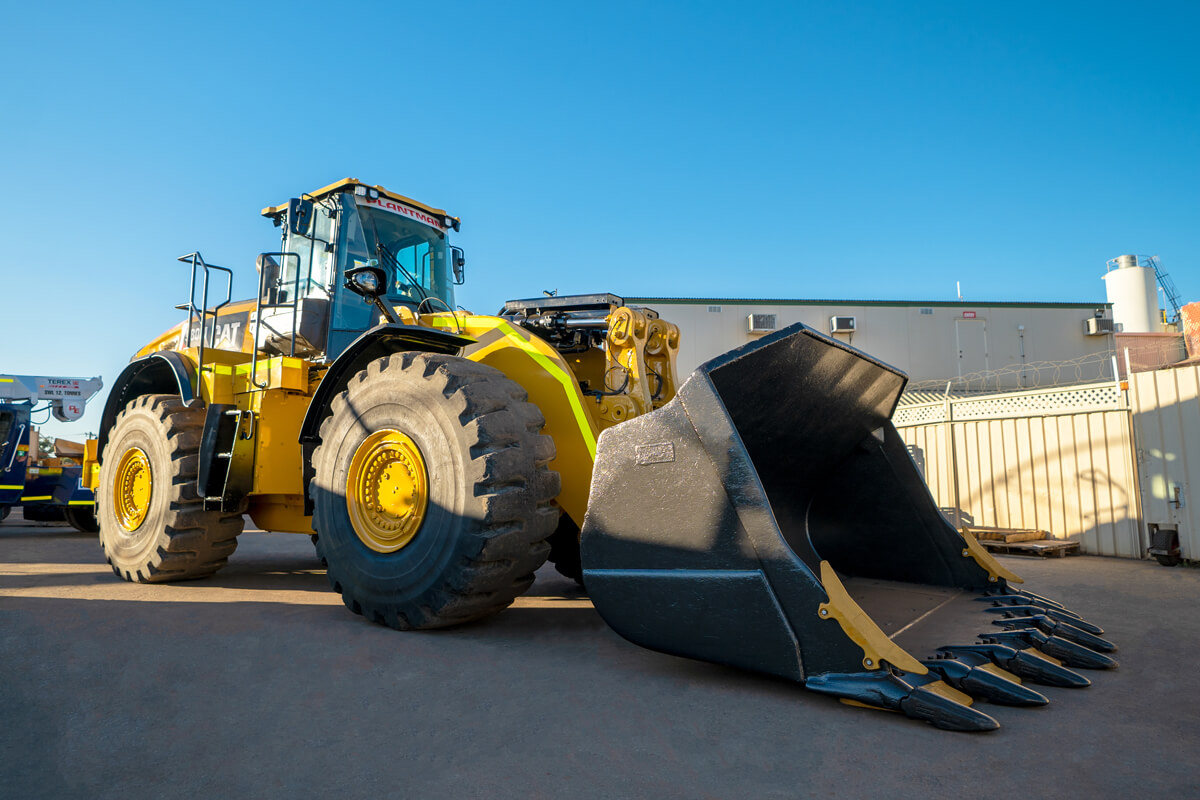
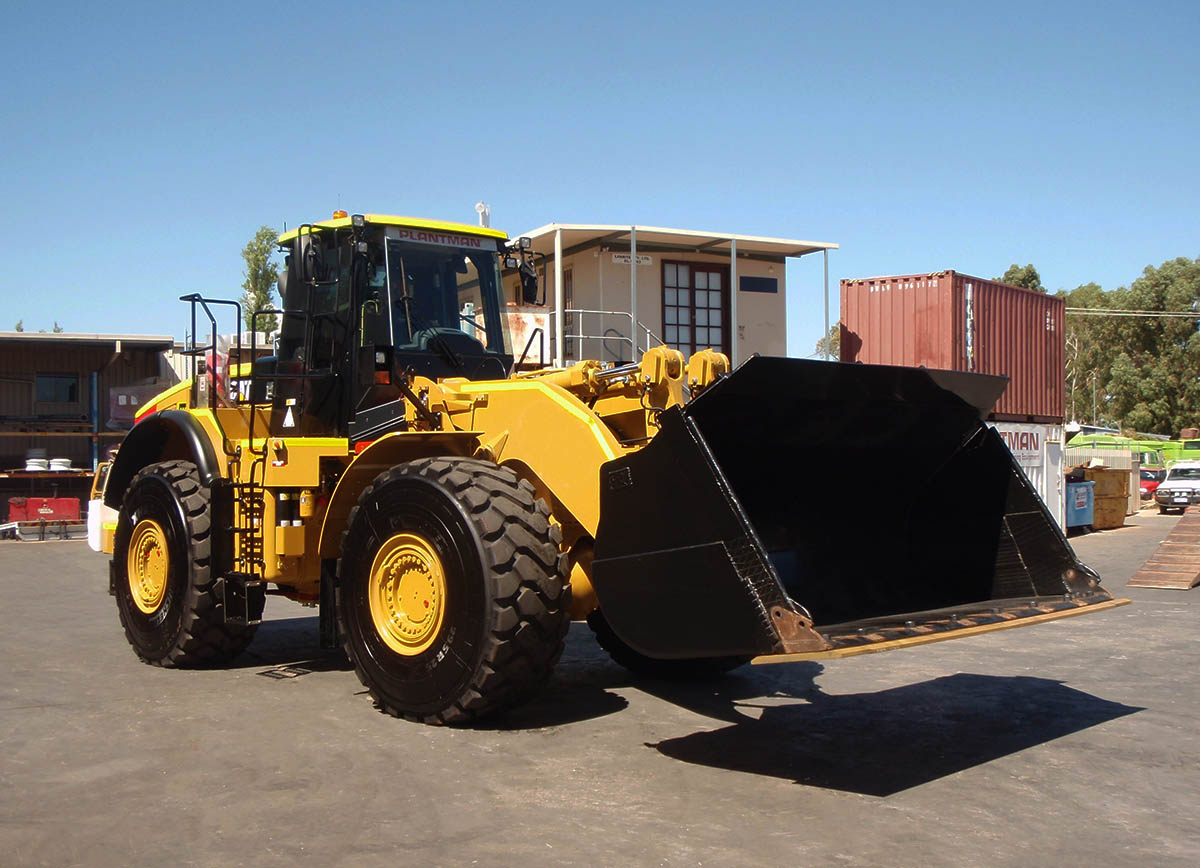
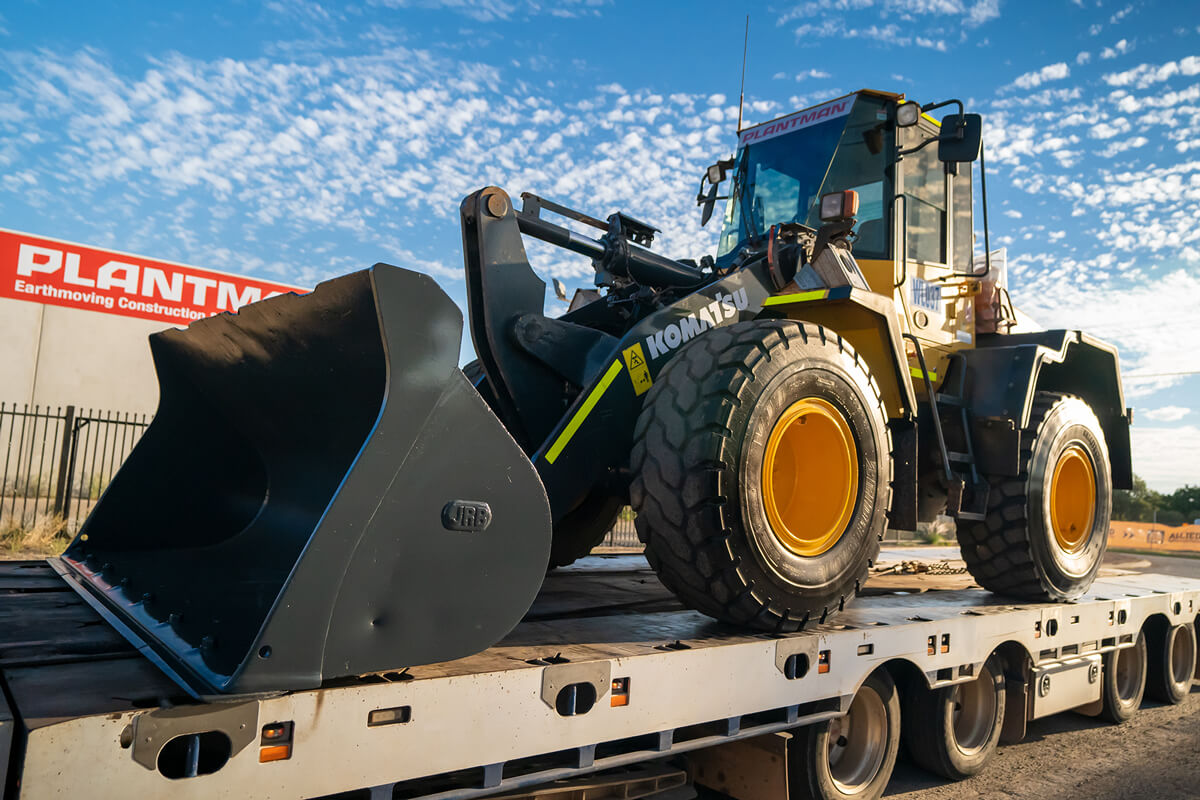
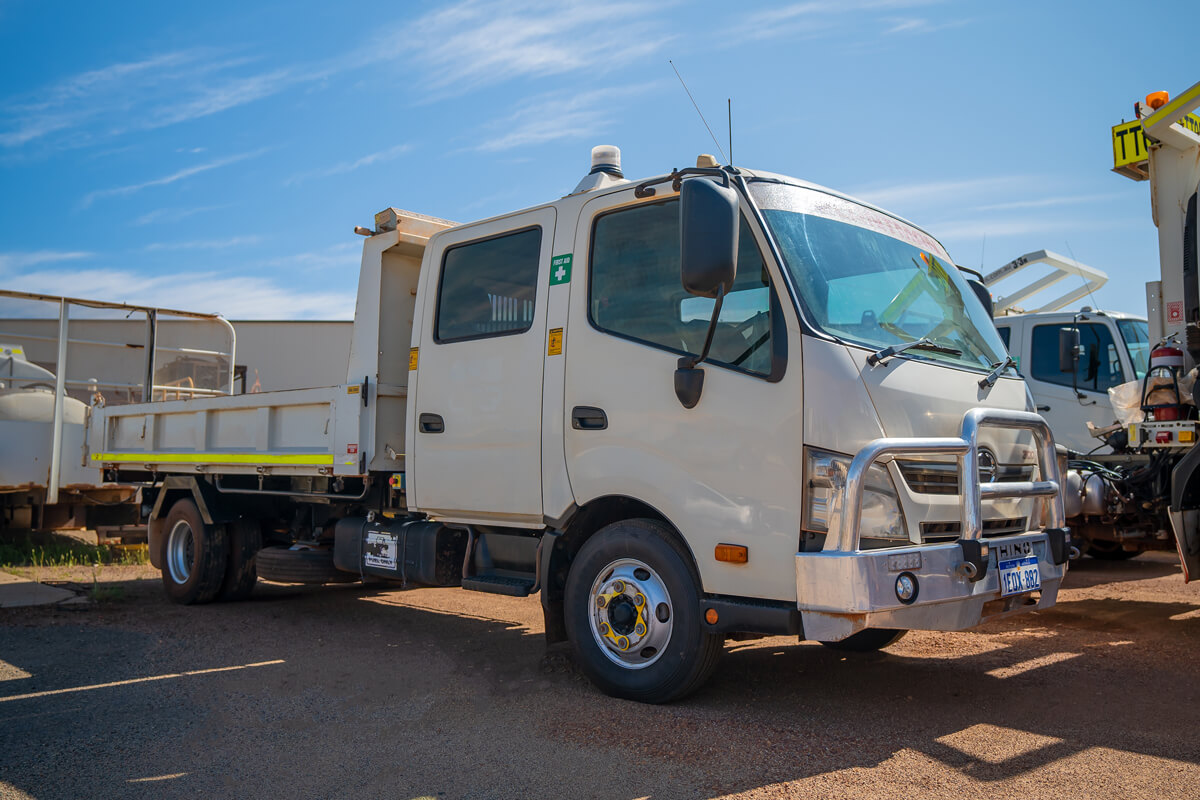
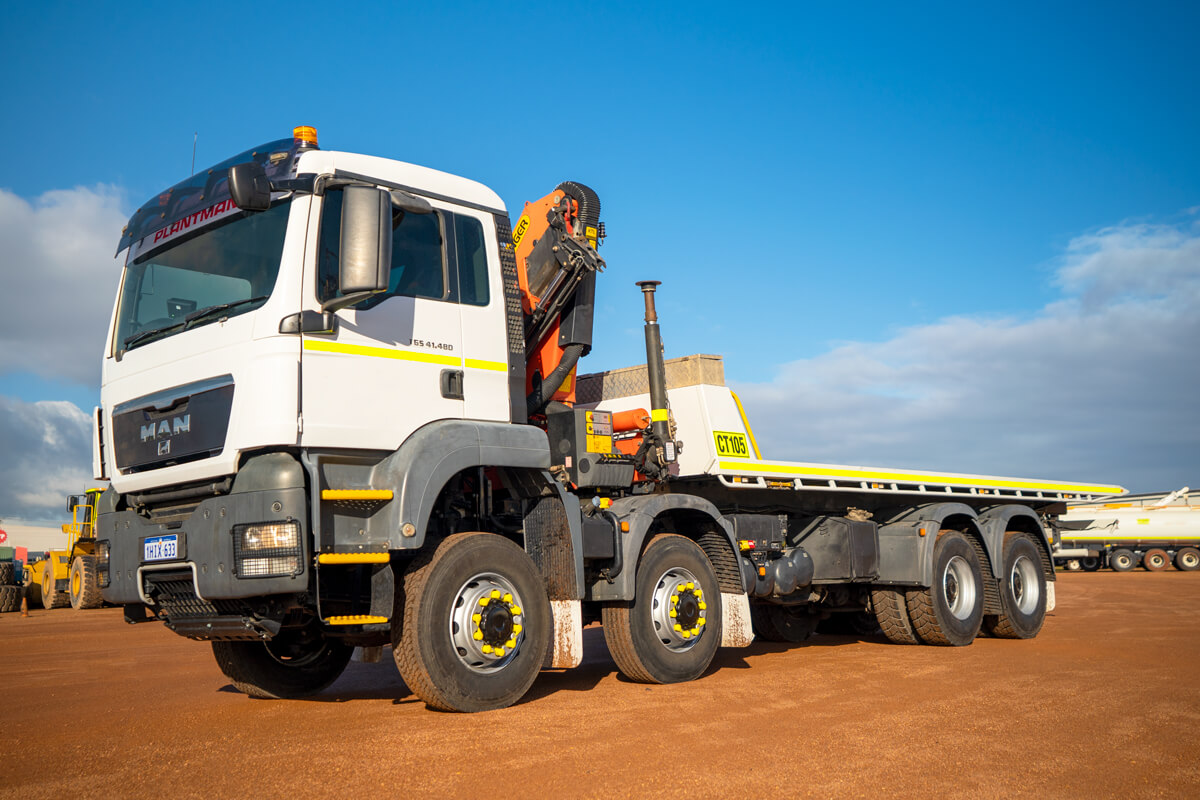
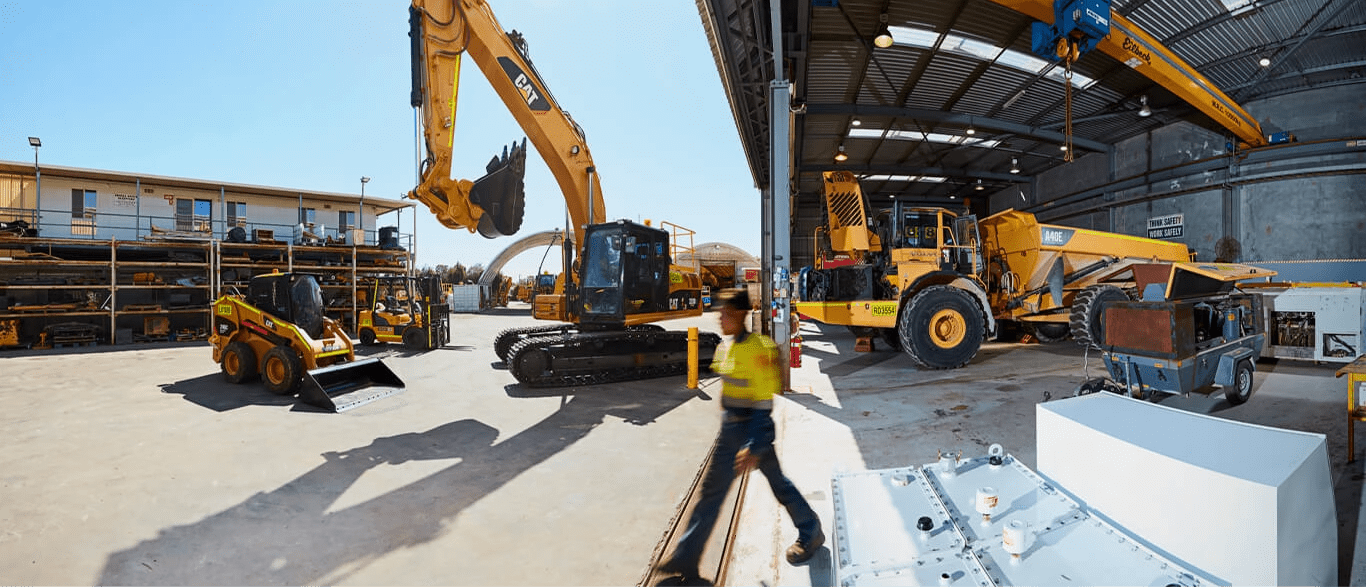

Now that I’ve found Plantman and they’re local which is a bonus, I won’t need to look elsewhere. They also have an extensive range of equipment that suits our requirements for servicing the mining industry. I have no hesitation in recommending Plantman to any of our clients. Well Done!!!